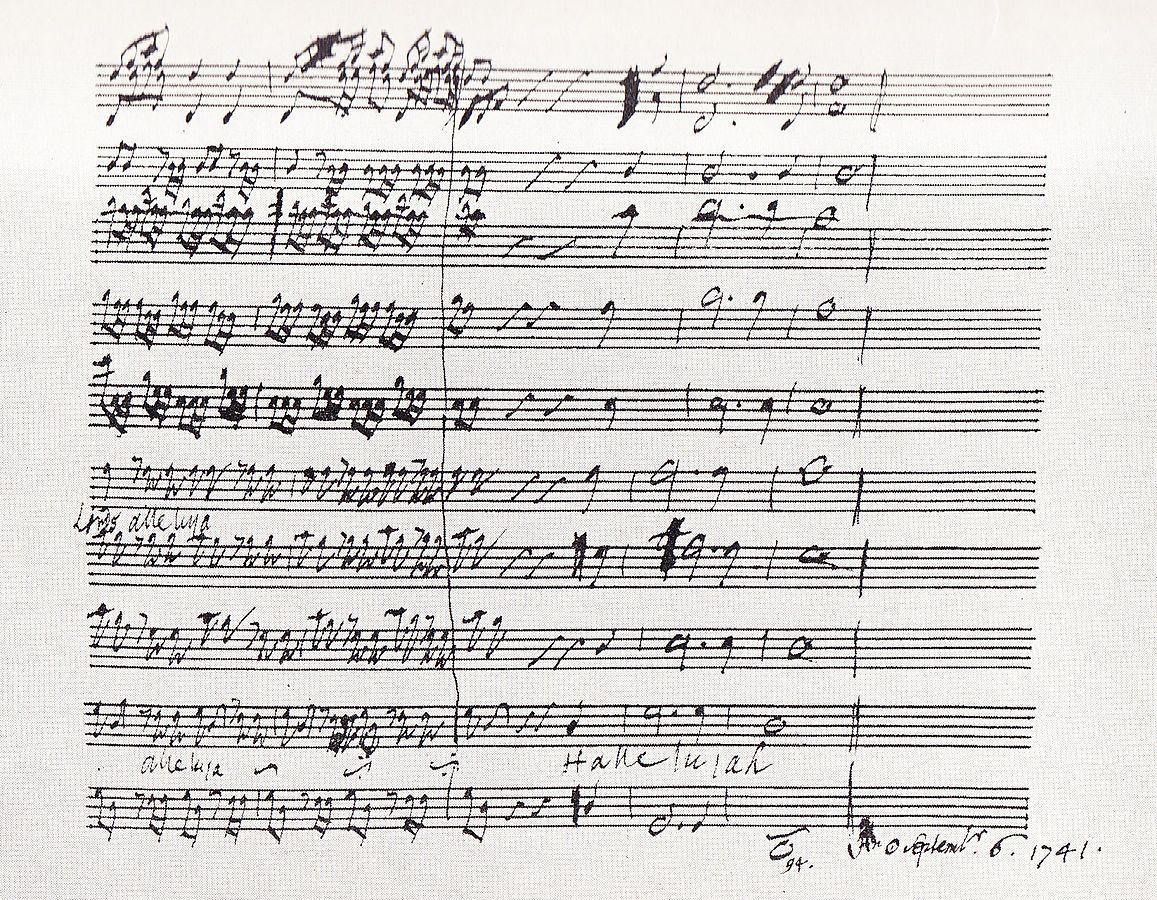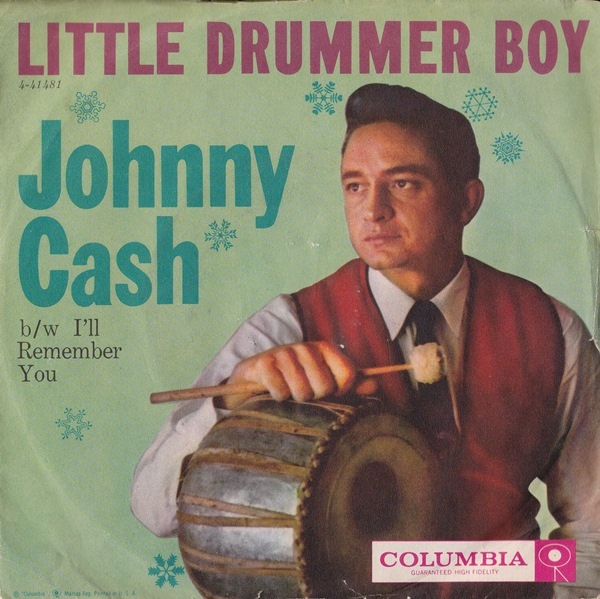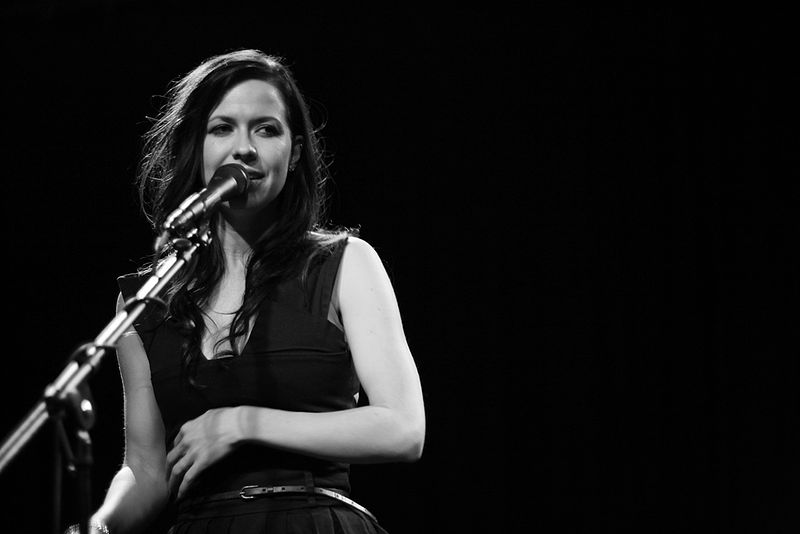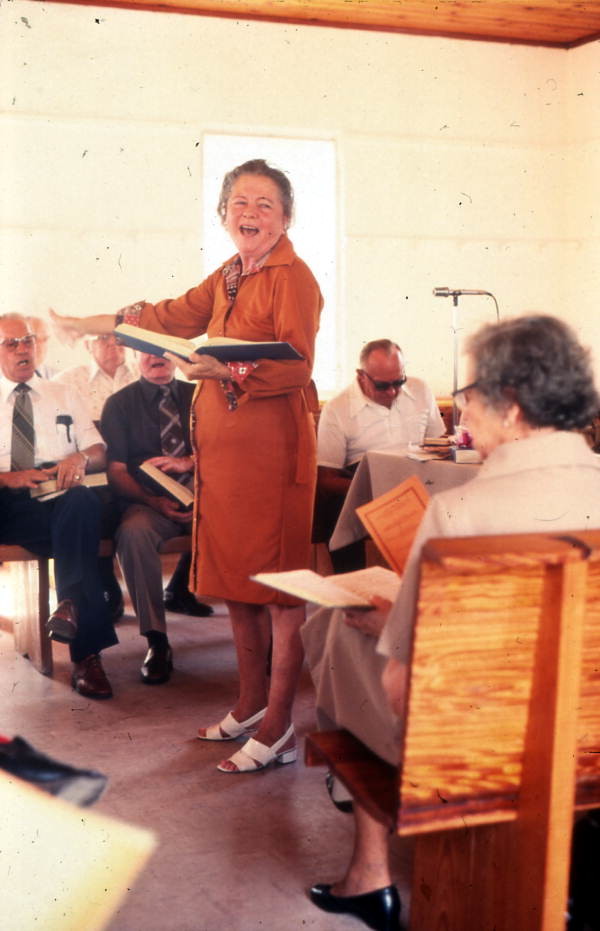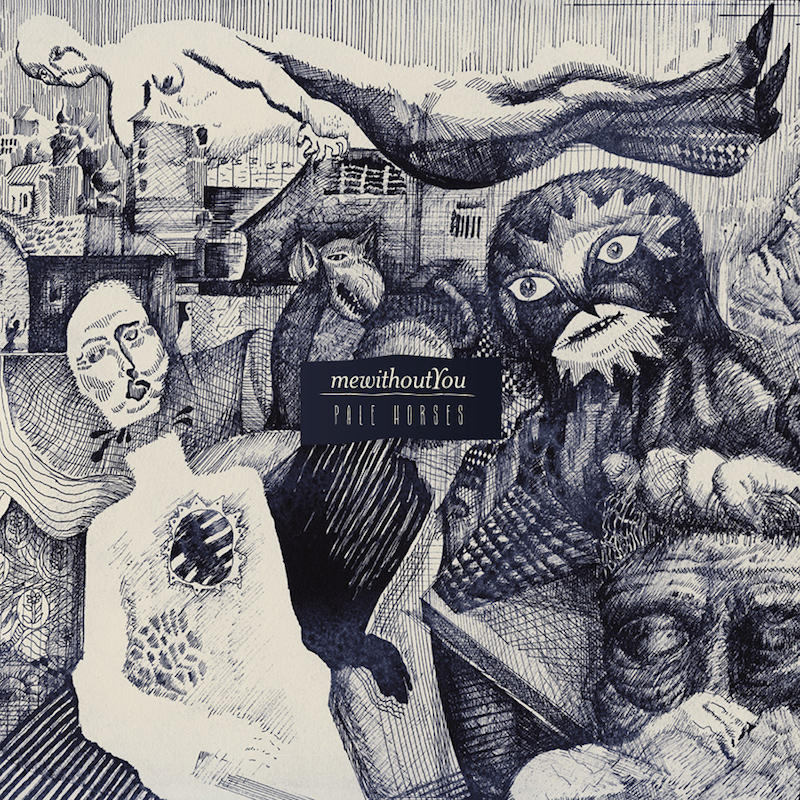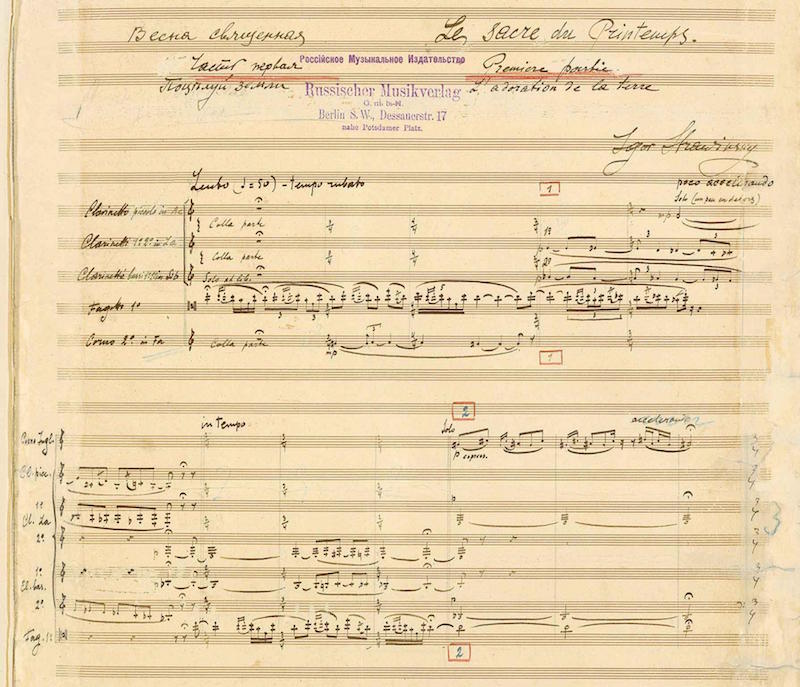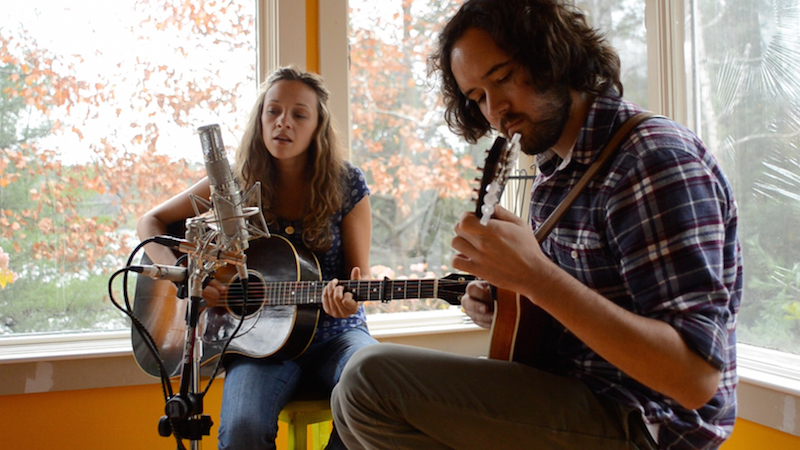 Oh, oh, deep water—
black and cold like the night.
I stand with arms wide open,
I’ve run a twisted line.
I’m a stranger in the eyes of the maker.
— Daniel Lanois
Oh, oh, deep water—
black and cold like the night.
I stand with arms wide open,
I’ve run a twisted line.
I’m a stranger in the eyes of the maker.
— Daniel Lanois
I’m nine and already weary of hard church pews. My mother’s voice is a tight mezzo soprano, rising above the congregation. I hiss at her to stop swaying along to the hymns she loves so much. Open your eyes, I say, embarrassed that she’s the only one moving. The rest stand still, eyes downcast towards navy blue hymnals, rigid platters full of sombre songs. The organ constant and low and alien. The hymns feeling like eternity.
*
At fourteen, I enjoy music, but I can’t say I love it. It’s in the mall, on the radio, in church. Distanced. Then one day the sublime opening riff of “Solsbury Hill” holds my ear, eases me into the lyrics. I am forced to listen.
Son, he said, grab your things I’ve come to take you home.
Wait. That eagle—is it God?
*
A fifteenth birthday present to myself. Black-sleeved cassette, cellophane unwrapped before I enter the room, slipped into the player before I kick my shoes into the corner. U2’s Rattle and Hum opens with “Helter Skelter" (The Beatles nowhere in sight). But then “I Still Haven’t Found What I’m Looking For” rises, gospel-lifted by The New Voices of Freedom. I feel music for the first time—in my center, where belief, pain, and joy begin.
*
At college, “Creep” by Radiohead becomes a new favourite, spurred on by a hammered guitar riff and Thom Yorke’s hatred of his own smash hit. “Fuck off,” he says to a Montreal fan requesting the song, “we’re tired of it.” Again and again I go back to the second time through the chorus, how he leans his weight into the despair. I think the swearing is beautiful.
I want you to notice
when I’m not around.
You’re so fucking special—
I wish I was special.
*
Church words begin to matter. The music, secondary. I begin to chafe at the jarring distraction of bridge-formulaic praise music, the isolation of mere noise. The emptiness of repetition without reflection—a preference for silence instead of ineffective song. The occasional kernel among the chaff.
…that he should give his only son
to make a wretch his treasure.
*
…but you don’t really care for music, do ya?
*
The new millennium brings mobile phones and full-time internet access. Media consumed in strobe-lit flashes. At 33, I’m forced to my knees by a migraine, my first, that swells in the quiet of summer vacation, much needed after a stressful first year of international teaching.
Say something, say something, anything—
Your silence is deafening.
All I can do is rest in a darkened room, eyes closed, and fight the urge to vomit.
*
Alahu akbar! Allahu akbar!
Ash-hadu anla ilaha illah Allah.
From our Maidan Hawally apartment, I can see at least twenty mosque minarets piercing the Kuwait skyline. Through bad microphones and tinny PA systems, muezzins call out the adhan five times a day without fail, the words settling in every crevice like the fine dust blown in from Saudi Arabia. I am writing regularly now, accompanied mostly by silence. That call, though. Always there, like an itching, grimy skin of faith. I’ll be sweating it from my pores long after I leave.
*
The plan, abandoned. A careful playlist for the labour and delivery room never used, forgotten against 36 hours of agonizing back labour. My wife, in control and superhero strong, breathing and moaning through every contraction, while me, her co-pilot, fetches water and ice. The navigation all her own. The fetal heart rate monitor becomes our steady, rhythmic soundtrack. When it falters, the tune and the plan changes. Again.
A quiet surgical team. Low voices and indifferent machines.
And I have to speculate
that God himself did make us
into corresponding shapes
like puzzle pieces from the clay.
Then, those first, raging cries. Girl. Ten fingers, ten toes. Pink and hungry. Eyes wide open.
*
Mornings, before sunrise, before our house begins to move, are my writing time. I create in silence, the only sounds the hush of a family at rest and the occasional crackle of the baby monitor. Our five-month-old is a watcher and smiler, crying only as a last resort. From upstairs, her big sister, now three, wakes up singing.
On for Christian soldiers,
marching as to ore.
With the cross of Jesus
going on a four…
I detest the song, a simplistic anthem that feels like it’s forgotten Christ. But I listen to my daughter belting it out at full voice, the sublime, misguided noise of it. Her version. Not worrying about the words so much.
 Oh, oh, deep water—
Oh, oh, deep water—
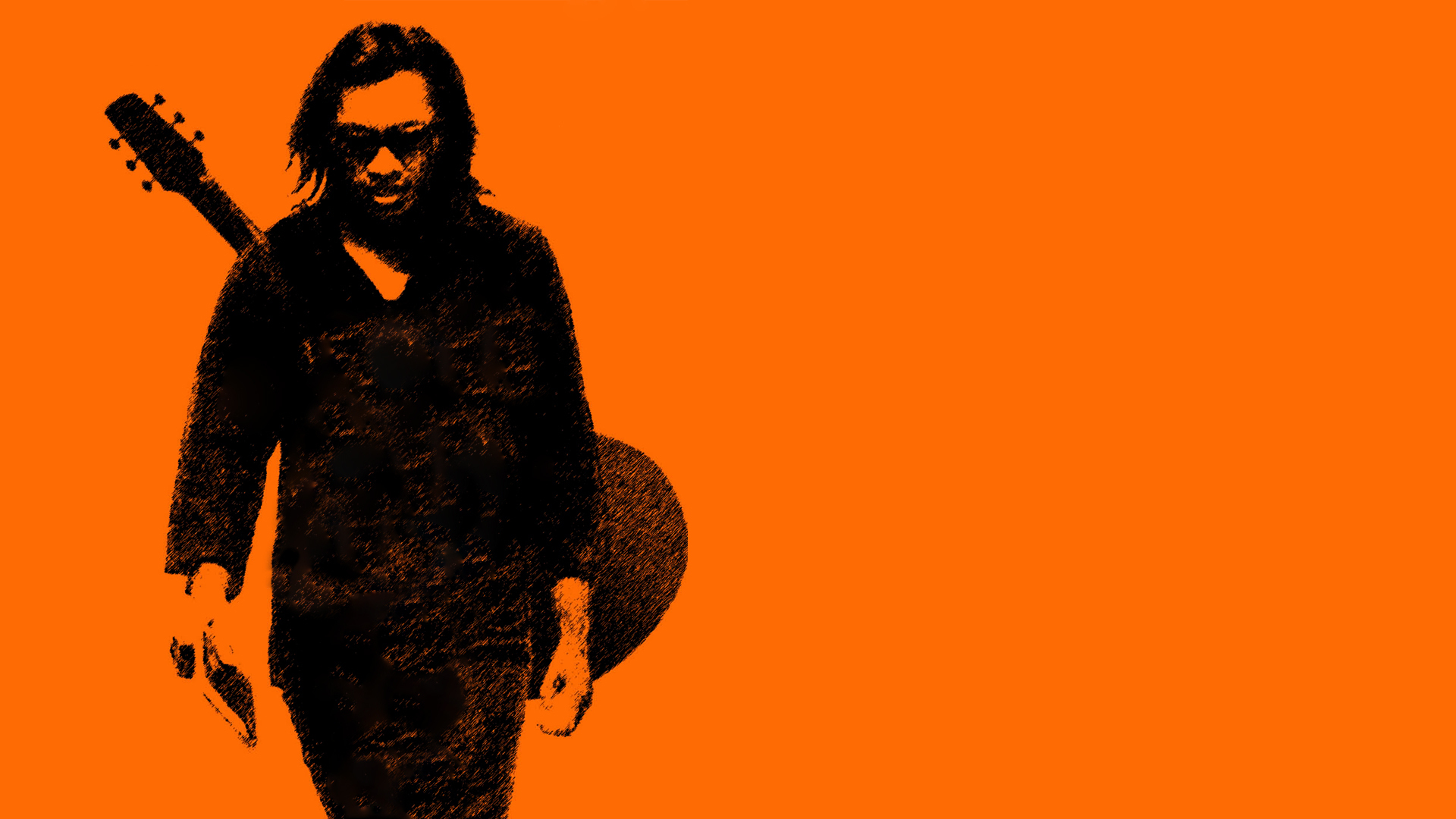 I pretty much went back to work. Nothing beats reality.
—
I pretty much went back to work. Nothing beats reality.
—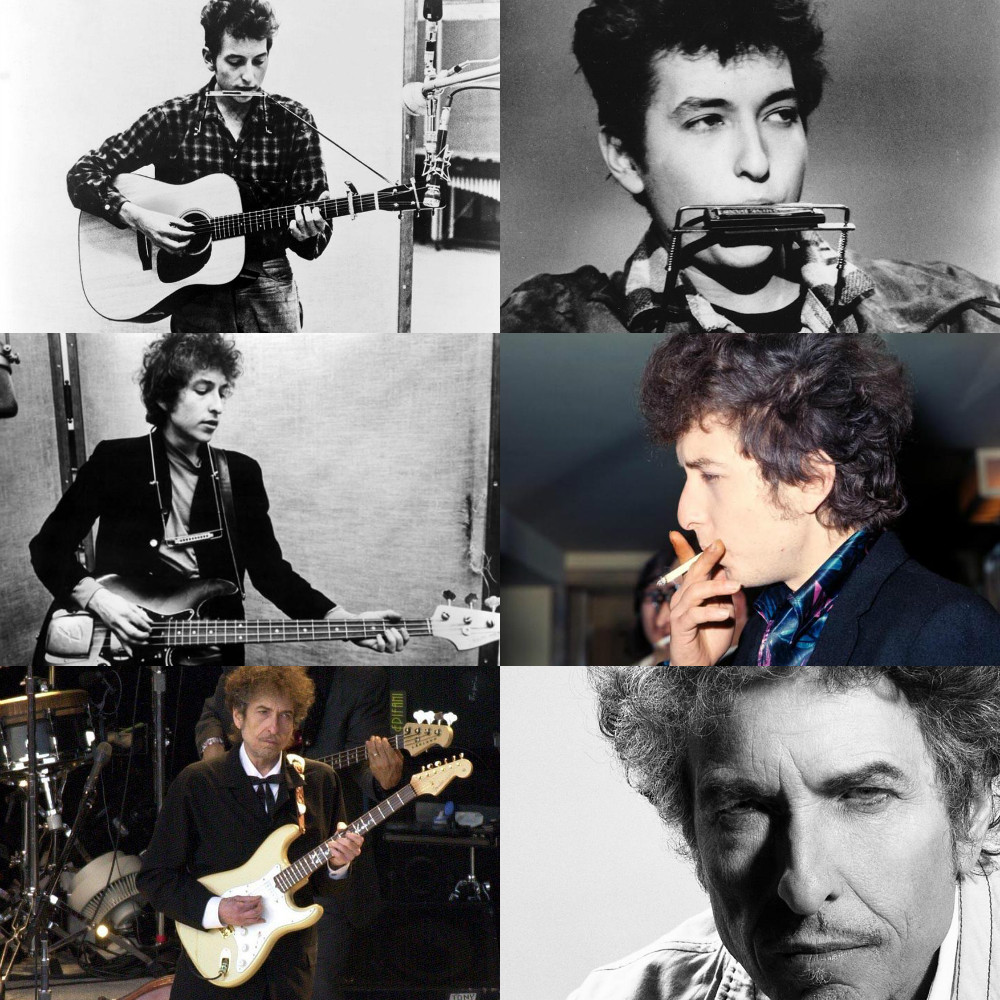 “Ah, but I was so much older then
“Ah, but I was so much older then

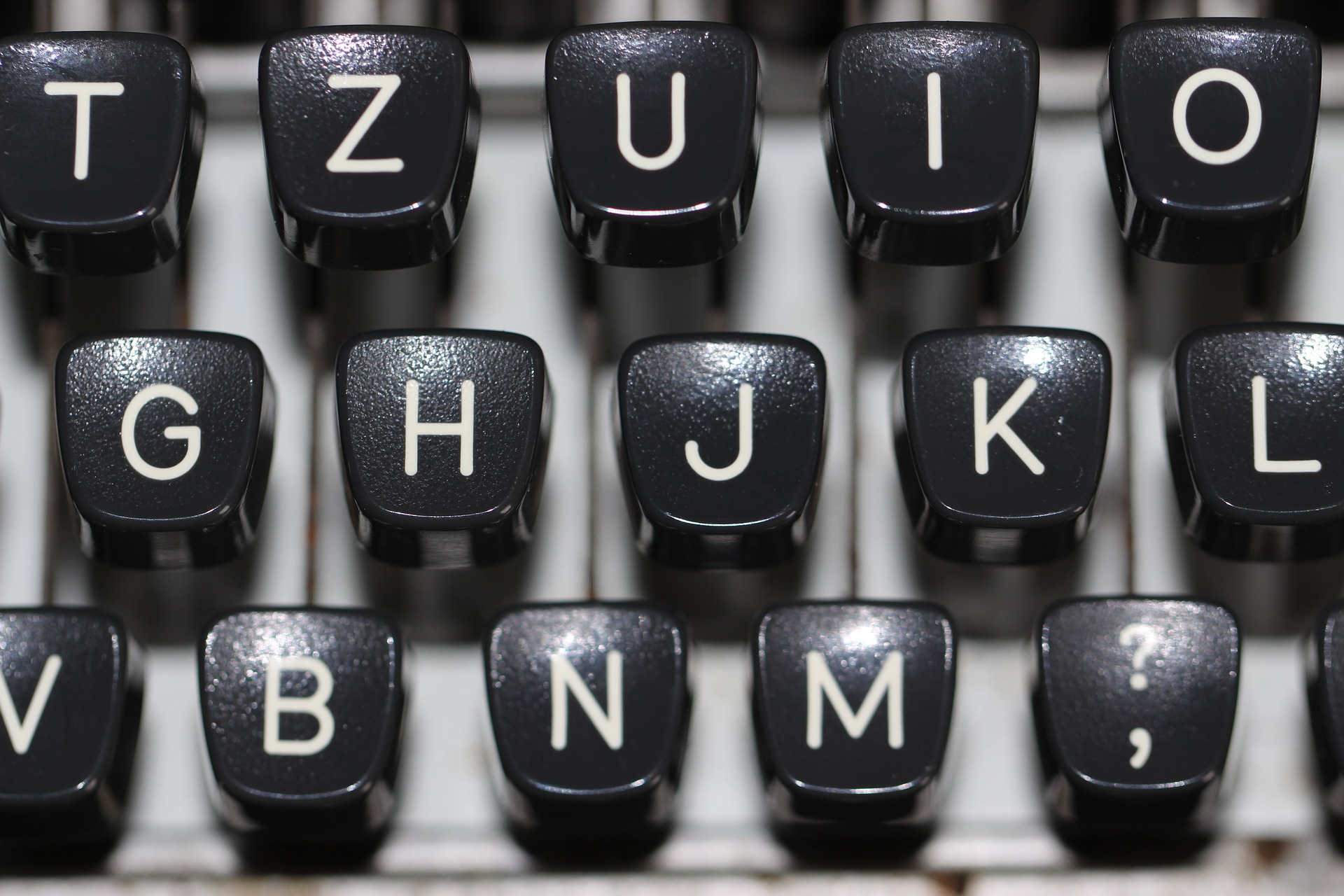 Just last week, during prayers at bedtime, my youngest son thanked God that piano lessons were over for the summer. I’m not sure when it became law for upright pianos to be stationed in every household, to break the backs of the fathers who move them there and to break the minds of children who, coming home daily from school, find not freedom but piano lessons, but it’s a law I resent even as I continue to abide by it. In one corner we, too, have a breaking-down piano like a hulking mushroom.
Just last week, during prayers at bedtime, my youngest son thanked God that piano lessons were over for the summer. I’m not sure when it became law for upright pianos to be stationed in every household, to break the backs of the fathers who move them there and to break the minds of children who, coming home daily from school, find not freedom but piano lessons, but it’s a law I resent even as I continue to abide by it. In one corner we, too, have a breaking-down piano like a hulking mushroom.![By Masao Nakagami [CC BY-SA 2.0 (http://creativecommons.org/licenses/by-sa/2.0)], via Wikimedia Commons](https://images.squarespace-cdn.com/content/v1/5898e29c725e25e7132d5a5a/1508808035105-2RO1L6V7MSY94EEGYLTE/Early_White_Stripes.jpg)
